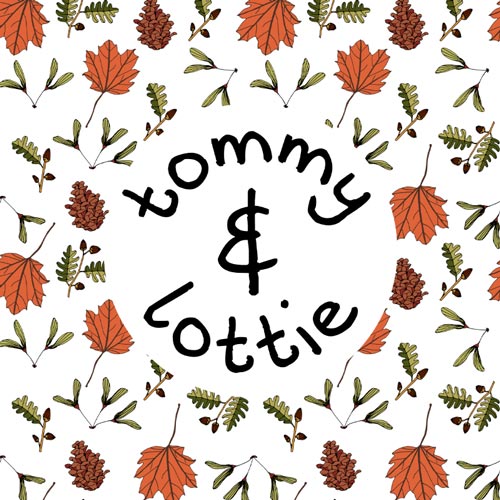Organic cotton is cotton that is produced and certified to organic agricultural standards. It uses natural inputs and not artificial ones to ensure its production sustains the health of soils, ecosystems and people. Toxic chemical and GMO’s (Genetically Modified Organisms) are not allowed in organic farming. Instead it combines tradition, innovation and science to benefit the shared environment and promote good quality of life to all involved. It is better for the environment, beneficial to animals and insects and you.
The comparison of organic and conventional cotton farming


Why is it better?
Safer for the workers – O cotton promotes safer working conditions and better livelihoods for the farmers and their families. They are not exposed to toxic chemicals in the field or through their food and water supply.
Impacts our food system – The cotton is grown from organic seeds. Cottonseed oil is used in a variety of food products such as biscuits, chips and vegetable oil, and is also fed to livestock. So even though we don’t eat cotton fibre the by product can make its way into our diets.
Reduces environmental impact – No toxic chemicals are used when growing organic. It doesn’t impact the soil, has far less impact on the air and uses 91% less water and 62% less energy. Conventional cotton uses about 16% of the worlds insecticides and 7% of pesticides.
For the future – By 2025, two thirds of the world’s population may face water shortages. But org cotton is 81% rain fed reducing pressure on local water sources. As chemicals are not used this makes the water cleaner and safer. It takes 2,700 litres of water to make a conventional cotton t-shirt.
Fair price for sustainability – When you buy organic you not only buying a healthier garment for yourself you are also investing in water conservation, cleaner air, better soil and the farmers livelihoods.
Organic cotton is better for the environment
In 2014 the Textile Exchange commissioned a Life Cycle Assessment on organic cotton and found significant, measurable environmental benefits compared to conventional cotton. In 2015 alone, by growing organic instead of conventional cotton, farmers potentially saved:

You can make a difference
Caring for the worlds wildlife and the people we share it with is a life choice. Choosing organic textiles is part of this choice. In 2015 26 million metric tonnes of cotton was produced globally. Organic only makes up less than 1% of this. But choosing organic over conventional cotton you have the purchasing power to influence brands, manufacturers and farmers so we can all enjoy a healthier planet. Be the change.
www.tommyandlottie.com
Big thanks to the Textile Exchange/allaboutorganiccotton for the information.



